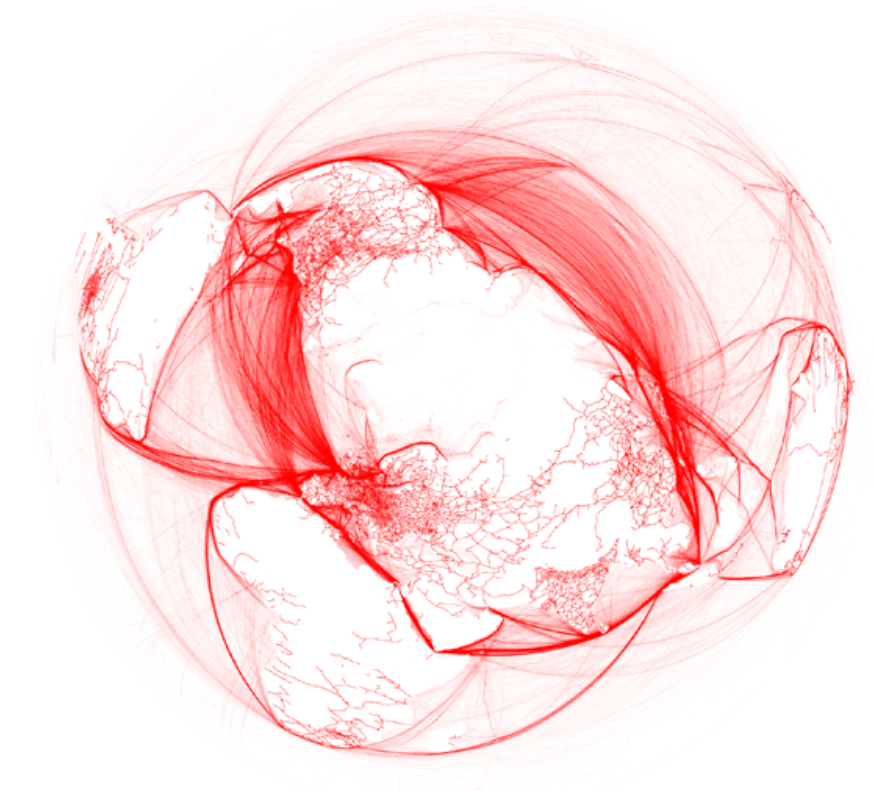
Global Sociology
Capital, Power, and Protest in World-Historical Perspective
Course Type: Upper-level seminar
Institution: Bryn Mawr College
Semester Taught: Fall 2023
Enrollment: 15-20 students
Course Description
I co-designed this seminar with students, exploring several key approaches to the study of global social phenomena, including world systems theory, transnational sociology, world ecology, and postcolonial studies of empire. The latter parts of the course provided opportunities to explore global scale social phenomena chosen by students, including global commodity chains, global patterns of inequality, media and tourist flows, NGO and missionary networks, transnational social movements, and the current wave of anti-global nationalism.
Course Structure
Module 1: Globalization as a World-Historical Process - Theoretical foundations and historical context
Module 2: Contemporary Global Connections - Modern flows of capital, culture, and people
Module 3: Acting for Global Change - Social movements and resistance in global context
Pedagogical Approach
- Co-designed curriculum: Students helped shape the topics and readings based on their interests
- Portfolio projects: Students explored the multiplexity of political, economic, cultural, and ecological ties between two cities or other geographical locations
- Global perspective: Emphasis on voices and theories from the Global South
- Interdisciplinary approach: Drawing from sociology, anthropology, political economy, and postcolonial studies
Key Learning Outcomes
- Understanding globalization as a complex, multi-faceted process
- Analysis of global inequalities and power structures
- Recognition of agency and resistance in global contexts
- Application of world systems and transnational theoretical frameworks
- Critical examination of Western-centric approaches to global studies
Student Projects
Students produced portfolio projects that explored connections between different global locations, examining how political, economic, cultural, and ecological relationships shape local experiences within global systems.
Header image: “One World II” from Radical Cartography. Used for educational purposes.